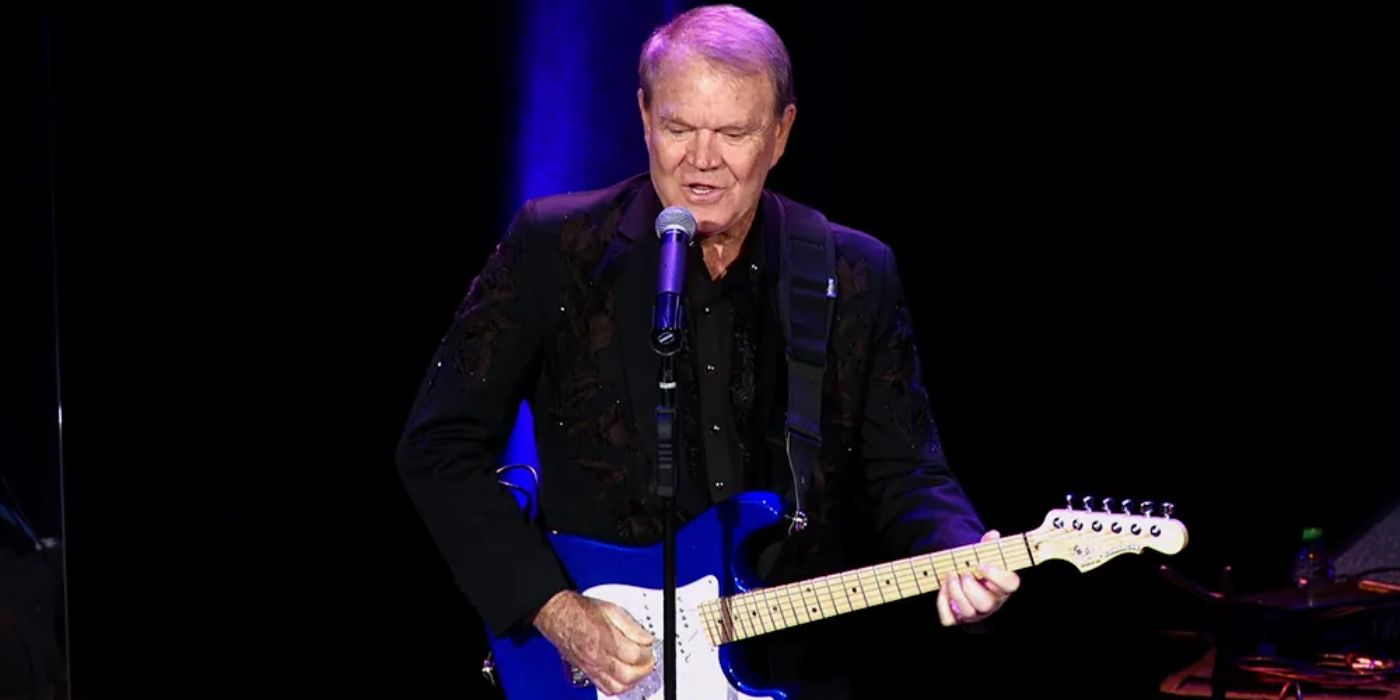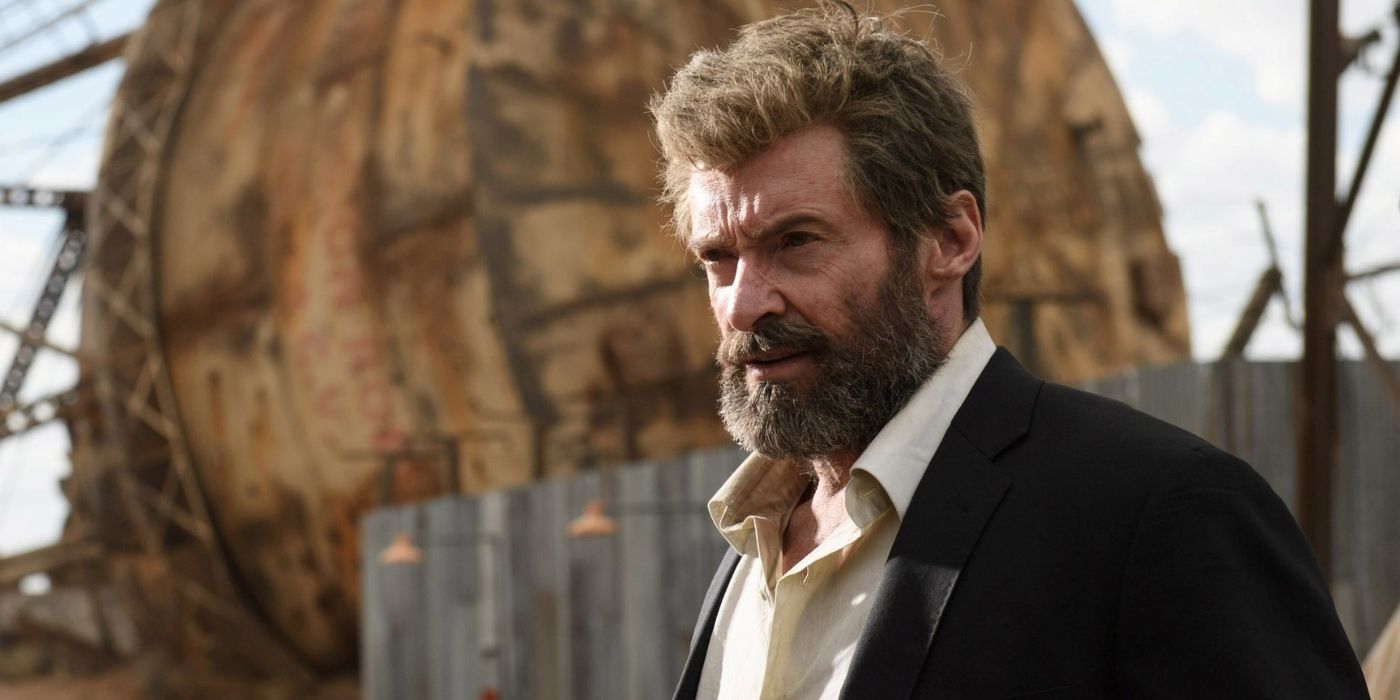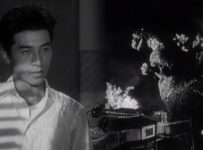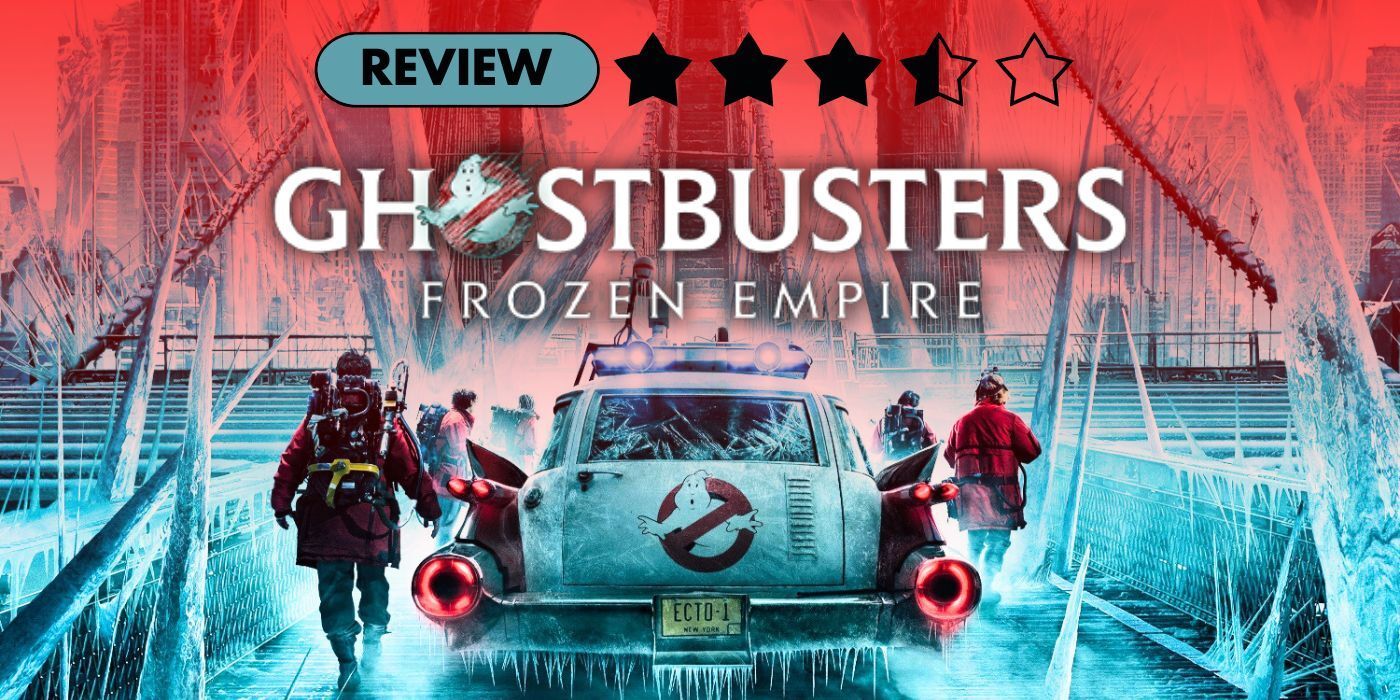But there were other audience members who seemed to be surprised and delighted. There was one guy in the back who kept asking all these penetrating questions. And finally I said to him, after like the third question: “That’s a great question. Are you a filmmaker or something?” And he said: “Yeah, my name’s Steven Soderbergh.”
The film surprisingly wasn’t picked up for distribution out of Sundance. What were the negotiations like at the festival?
The negotiations were N.I.L.—nil. I was surprised, and of course, disappointed, that we did not get a distributor. The year before, when Steven had been there with “Sex, Lies and Videotape,” he had been approached by several studios at the Sundance premiere. That’s what my expectation was, after the grand prize was awarded to the film, I thought we would be going back to the Chateau, where we were put up, and I’d be fielding offers from various distributors. We did have many visitors that night. My mother, she made them spaghetti, I remember that. I got a bottle of Dom Pérignon delivered that night to the Chateau from Alan J Pakula. He sent a note saying: “Welcome. Loved your film. Congratulations.” That was wonderful. But there were no offers for a year.
Its remake rights were eventually picked up by Warner Bros. In the past, actors like Will Smith, Wesley Snipes, and Keegan-Michael Key have been attached to it. Do you think “Chameleon Street” should be remade?
Robert—nobody has ever asked me that. That’s interesting. Frankly, I’ve been somewhat ambivalent about the entire Warner Brothers purchase of remake rights. On the one hand, it was the single most amount of money that “Chameleon Street” ever made when they bought the rights for $250,000. That was gratifying. However, as you know, they refused to distribute our film, and instead negotiated and purchased the remake rights. So if you want to remake the film, fine, but does the “Chameleon Street” made by us have to be buried?
So on the one hand, I was appreciative because, you know, once you make a film for $1.5 million you want to pay back all the investors, and my family was the main investor. I definitely wanted to pay them back. And frankly, not many people have an idea of this, but if you make a movie and it loses money, that devastates your ability to make another film.
There’s the idea of performance: Street describes his cons as roles and parts. He’s never doing it for the money, really, except for the Willie Horton scam. Can you talk about the role of performance, especially for Black people in spaces made exclusionary by white people?
You can view the original article HERE.





























